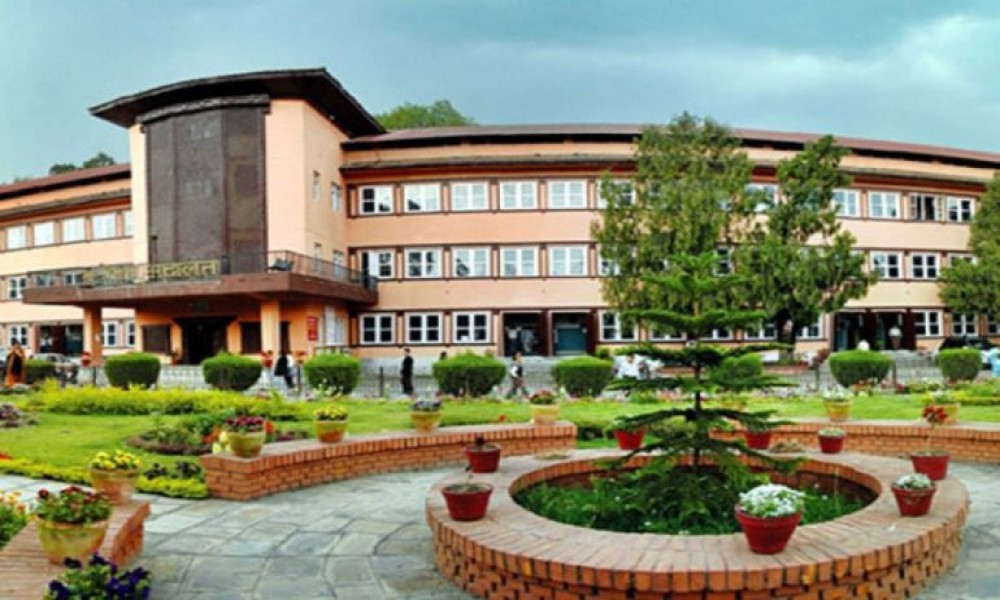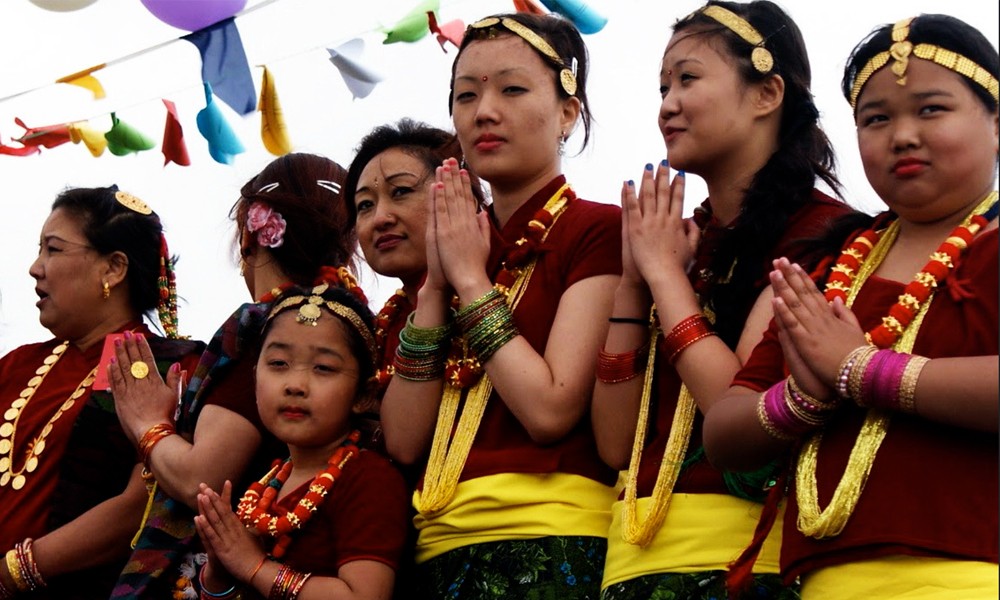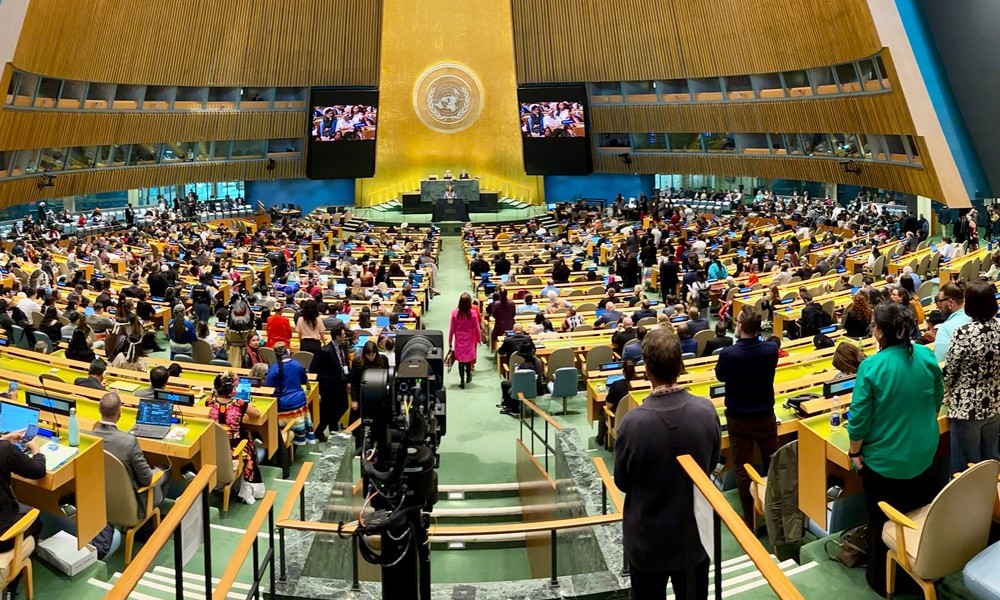Dipendra Jha
Judiciary is the third pillar of democracy, and is responsible to safeguard constitution. It checks and balances the other two pillars of democracy – Executive and Legislative, and thereby maintains separation of powers. So it is imperative to make judiciary inclusive, but our judiciary is not inclusive at all. And a bill that was recently introduced in Parliament has raised fears that our judiciary will not be made inclusive even in future.
The article 21 of the Interim Constitution stipulates that all state organs, including judiciary, must be inclusive, but the bill to amend Judicial Council Act 2049 BS has violated this provision. In the article 4 (14) of the bill, it has been proposed that 20 per cent of district court judges will be appointed through an open competition from among law practitioners. This means that the remaining 80 per cent judges will be chosen from the same judiciary, which is dominated by people from a single ruling caste.
Our judiciary has not been inclusive, and it is high time we made it inclusive to deliver justice in a just way. But the bill, if passed without being revised, will ensure business as usual in judiciary.
Our judiciary has not been inclusive, and it is high time we made it inclusive to deliver justice in a just way. But the bill, if passed without being revised, will ensure business as usual in judiciary. To find proof that our judiciary has not been inclusive, it would be sufficient to look at the bulletins published by Judicial Council. A bulletin last year showed that judiciary was dominated by Bahuns and Chhetris. Representation of Madhesi, Janajatis and women is very less. Dalit's representation is almost nil.
Of the 180 district court judges, 165 are Bahuns and Chhetris, according to the bulletin. This is a proof of exclusion of the excluded communities.
Another report shows that 90 per cent of judiciary staff belong to the privileged class. And the degree of dominance of a certain class at the cost of marginalization of others is almost the same at all strata of judiciary
Another report shows that 90 per cent of judiciary staff belong to the privileged class. And the degree of dominance of a certain class at the cost of marginalization of others is almost the same at all strata of judiciary. Judges are human beings, too. And it is possible that their decision power is shaped by their culture. So it is important to adopt principles of inclusion in judiciary. Sadly, this has never been an important issue.
The interim constitution has ensured inclusion in its preamble, article 13 (3), 21 and 33 (d). Inclusive is mandatory not just because it has been enshrined in our constitution, but it is a global concept. International laws and treaties have also made it mandatory for the state to ensure inclusion. UN Basic Principles on the Independence of Judiciary (1985), Beijing Statement of the Principles of Independence of Judiciary (1997) and Banglore Principles of Judicial Conduct (2002) have all advocated principles of inclusion. These international principles are also against discrimination against certain communities. But Nepal has violated these international principles by discriminating against Madhesi, Dalits, Janajatis and women in judiciary.










